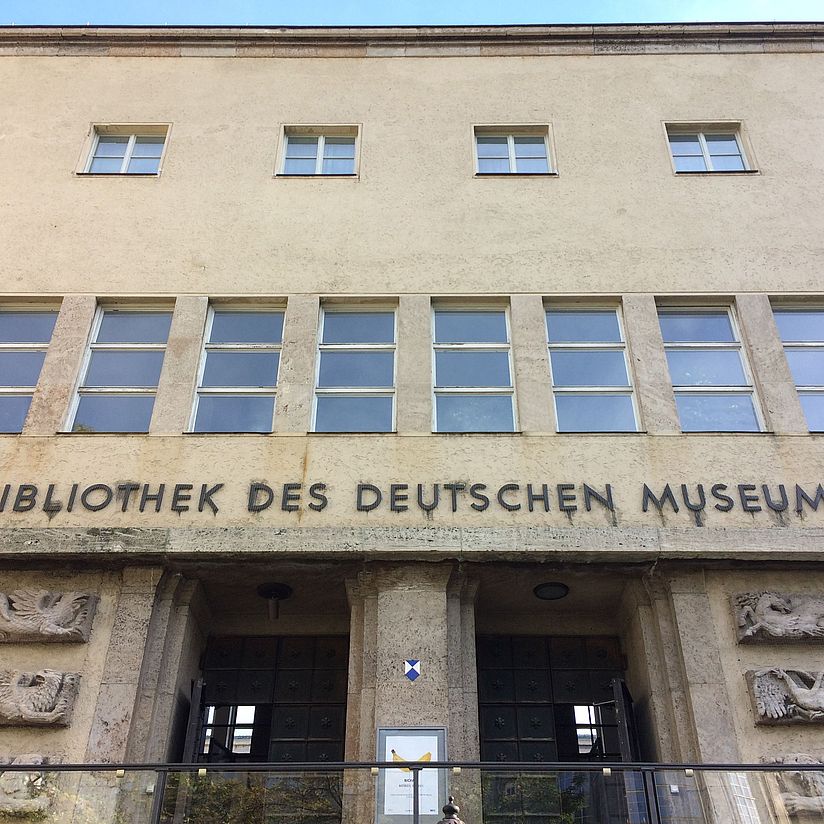
Photo: Deutsches Museum
The library of Deutsches Museum
Germany's largest museum library
The gigantic storehouse of knowledge is open to all interested parties.
It's another side of the Deutsches Museum. Opposite the exhibition building, you climb up stone steps and through the dark, heavy metal doors to a gigantic storehouse of knowledge – Germany's largest museum library. "Nowhere else, even internationally, can you find a comparable stock of original and secondary literature on natural and technical sciences in the period between 1700 and 1950," says library director Helmut Hilz. "Of course, many researchers take advantage of these unique resources, but our facility is basically open to anyone interested in science and technology."
Every Munich resident knows the exhibitions of the Deutsches Museum. And many students have spent many hours in the reading room of the Deutsches Museum library because it's so nice to study there in peace. But few know what is hidden in the rooms next to it and in the stacks on the upper floor. Journals that exist exactly once in their entirety in the world – namely here. Like one about phonographs. The first Lufthansa magazine. Old telephone and address books of the city of Munich that hardly anyone else has kept. And the "Libri rari", those rare 15 000 books of which the museum is particularly proud and which can be viewed in a special reading room. By appointment, of course
Oskar von Miller, the founder of the museum, wanted to create a place that not only encouraged looking and experimenting, but also reading and learning. "For his goal of bringing science and technology to the widest possible audience, Oskar von Miller relied on the power of books from the very beginning, in addition to impressive exhibits," says Helmut Hilz. "This was already specified by our museum founder in the founding statutes of 1903." And when it opened in 1932, the library was an exemplary model worldwide. Even the "New York Times" reported on this library in a guest article by Miller.
In the meantime, the collection has grown to more than 991,000 volumes. Traditionally, literature on the history of natural sciences and technology has been intensively collected here. Over time, the focus of new acquisitions has increasingly concentrated on this area. German literature is acquired almost completely, international literature as comprehensively as possible. In addition, the library continues to make efforts to provide current basic scientific and technical literature.
